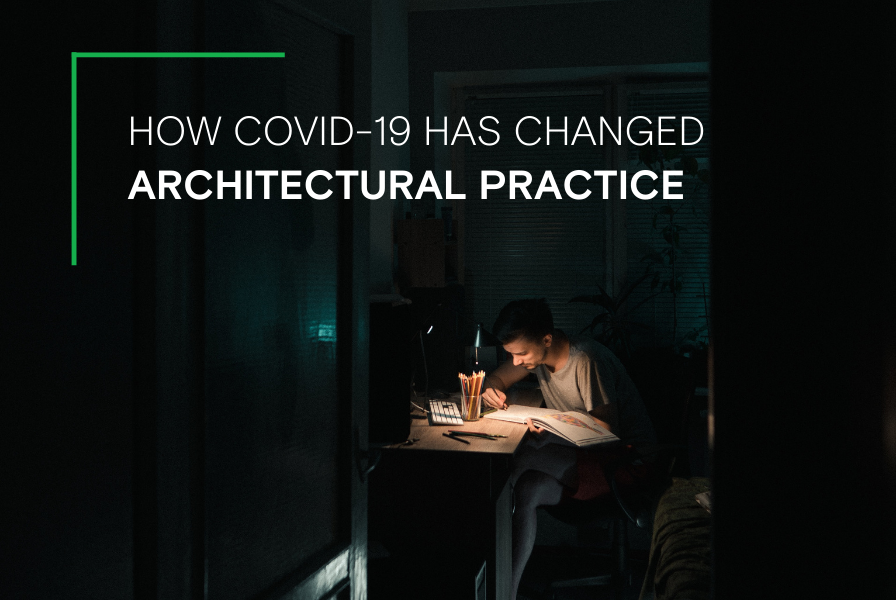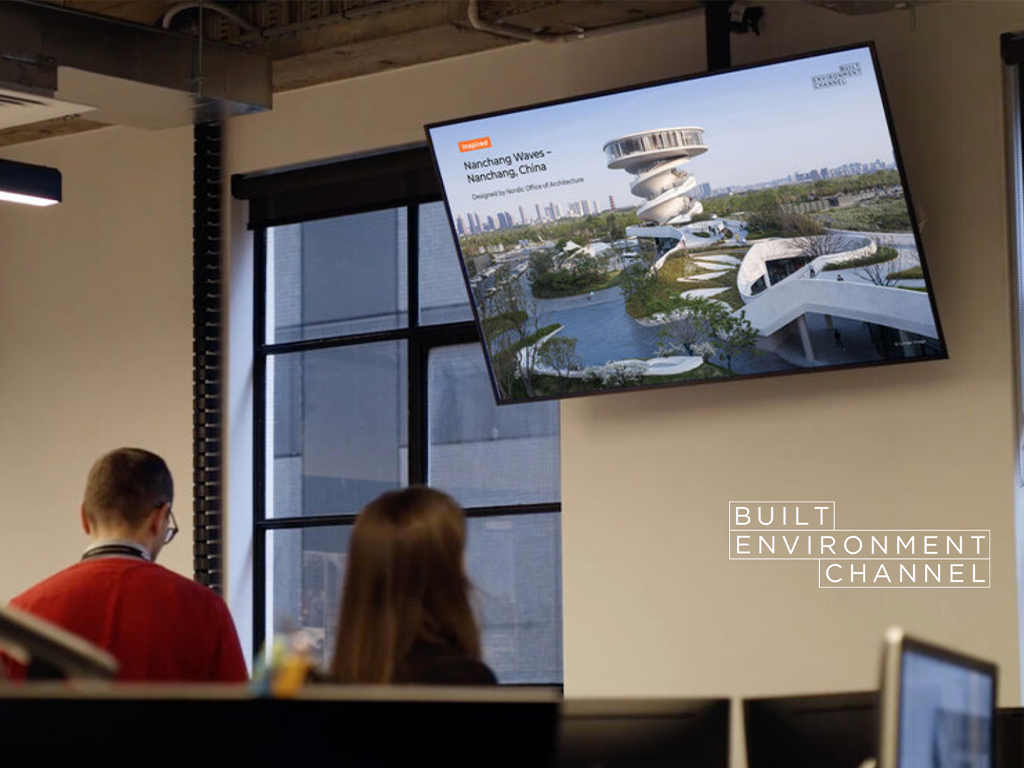
New research released today by the Australian Institute of Architects reveals the ongoing impacts the COVID-19 pandemic – and responses to it – are having on architectural practice.
The results highlight changes in the type of opportunities available to architects, a consolidation in remote working, how the lack of face-to-face contact impacts new client relationships and importantly underscore the importance of innovation in best surviving what the researchers have dubbed the “collective Covid-19 hangover”.
When the Institute first surveyed its members in July 2020, it revealed that a substantial slowdown in projects and measurable shifts in employment were the biggest pandemic-driven changes to the architectural profession.
Now more than 12 months on, this second survey shows that, encouragingly, 55% of respondents had retained and grown their client base, while a further 7% retained and sustained and 35% lost and replaced their client base, with only 3% losing and not replacing clients.
The pandemic has also seen a shift in the type of project opportunities available to architects.
While one-off residential opportunities have increased there has been a marked decrease across some sectors including commercial (-30%), multi-storey residential (-29%), retail (-21%) and culture and entertainment (-21%).
Concerningly, as at July 2021, 48% of practices surveyed reported observing somewhat of a decline of mental health within their practice due to COVID-19. Subsequent lockdowns suggest that this may have only deteriorated in the intervening period.
The findings also underscore how important face-to-face contact is for architects in winning new work.
While only 10% of respondents reported that their relationships with existing clients had been negatively impacted by the shift to exclusively virtual interactions, 29% reported a negative impact on relationships with new clients.
As one respondent remarked, “nothing beats a face-to-face meeting”.
Nevertheless, the pandemic appears to have changed how architects interact with their clients over the longer term with 78% of respondents indicating that are now networking with clients
through a new COVID norm, a combination of online and face-to-face engagements. *
The pandemic has had a lasting impact in practices’ remote working policies with 36% reporting that they had now introduced a flexible approach to work with time in both the office and working from home. This is on top of the 26% who already had a flexible work policy in place and in contrast to the 25% who expect their team to eventually return to full-time work in the office.
Just over one quarter of practices surveyed have responded to the changed conditions by turning to innovation in how they practice and exploring new services.
The survey also highlighted the impacts of a shift to remote working. Views diverged on whether working from home impeded creativity with one-third of respondents (33%) believing it did whereas the majority (60%) said creativity was unchanged.
An overwhelming number of respondents thought design outcomes were unaffected by remote working. On questions of communication, productivity and collaboration, the results were mixed with respondents more or less evenly split on whether working from home has had a positive or negative impact.
CEO Julia Cambage commended those practices that are innovating their business model.
“As we have learnt over the last year and a half, the world can change overnight,” Ms Cambage said.
“While the pandemic continues to affect the operation of architectural practices around the nation, this survey shows that members are responding well with agility to changing market dynamics.
“This report contains important findings made possible through the support of our National Corporate partner, the Built Environment Channel and I encourage members to leverage them.”
National President Tony Giannone also called on members to look after one another at a time when people are lacking human connection and support.
“As leaders and responsible employers, we need to do the best we can to support our colleagues through the hardships created by this pandemic,” Mr Giannone said.
Summary of key report findings:
- 76% of firms said their relationships with existing clients remained unchanged as a result of forced online networking and meetings.
- The negative impact of solely connecting with clients online jumps from 10% with existing clients to 29% with new clients.
- 55% of respondents reported that they had retained and grown their client base, with only 3% losing and not replacing clients.
- 78% of respondents are now networking with clients through a new COVID-19 norm, a combination of online and face to face engagements, with 17% returning to face-to-face only and 5% remaining online only
- The percentage of practice participation among respondents has dropped across all sectors other than one-off residential projects.
- The sectors where respondents identified the largest decrease in project opportunities over the last 1.5 years included commercial (30%), multi-storey residential (29%), retail (21%) and culture and entertainment (21%).
- 27% of respondents said they have explored new services to sell to clients over the last 1.5 years.
- 70% of practices reported that the change to remote working had not impacted design outcomes.
- 36% of practices surveyed now offer a flexible approach to work with time in both the office and working from home.
- As at July 2021, 48% of practices surveyed reported observing somewhat of a decline of mental health within their practice due to COVID-19.
The data within the report was collected in July 2021 and represents the views of over 135 practices around the country that employ approximately 4700 architects. Respondents vary in practice size and geographic location.
*Note: survey data collected early in the current Sydney lockdown and prior to the current Melbourne and ACT lockdowns.
THE BUILT ENVIRONMENT CHANNEL ARE ALSO SUPPORTING THE INSTITUTE’S FOUNDATION
The Built Environment Channel is supporting the Institute’s Foundation by donating $500 for every new eligible architectural studio that signs up as a BEC member from 6 September until 31 October.
Each donation made will be listed on the Foundation and Institute website as a joint contribution from the Built Environment Channel and your Practice. The funds raised will support the special projects and initiatives delivered by the Foundation in 2022.
